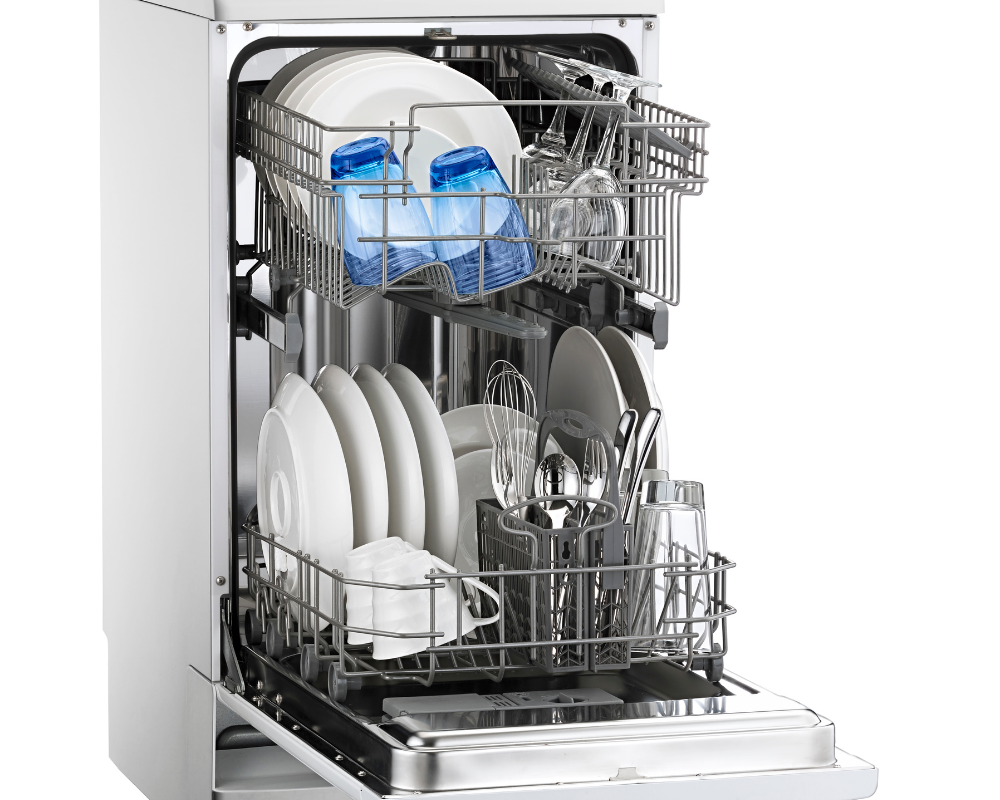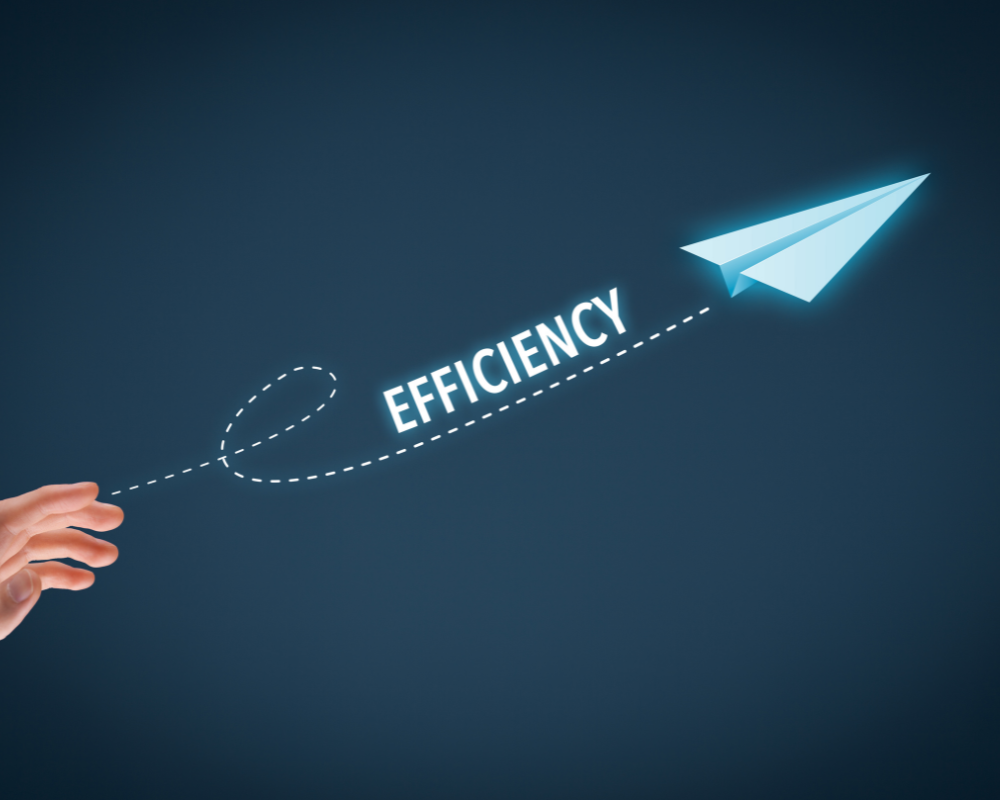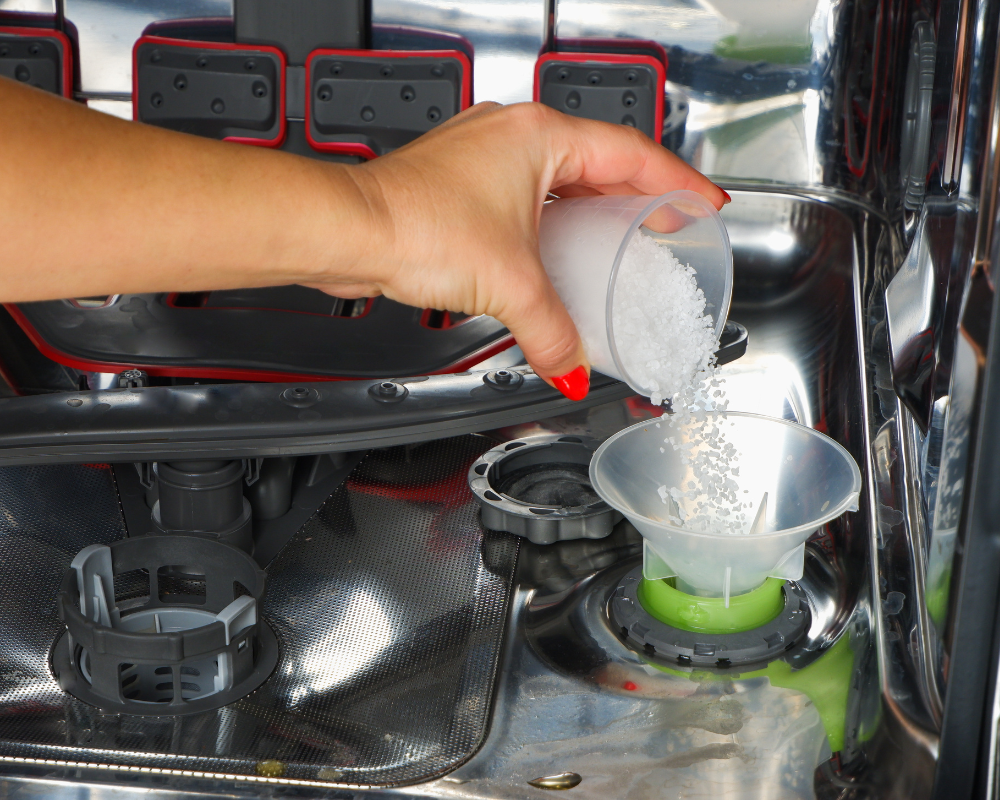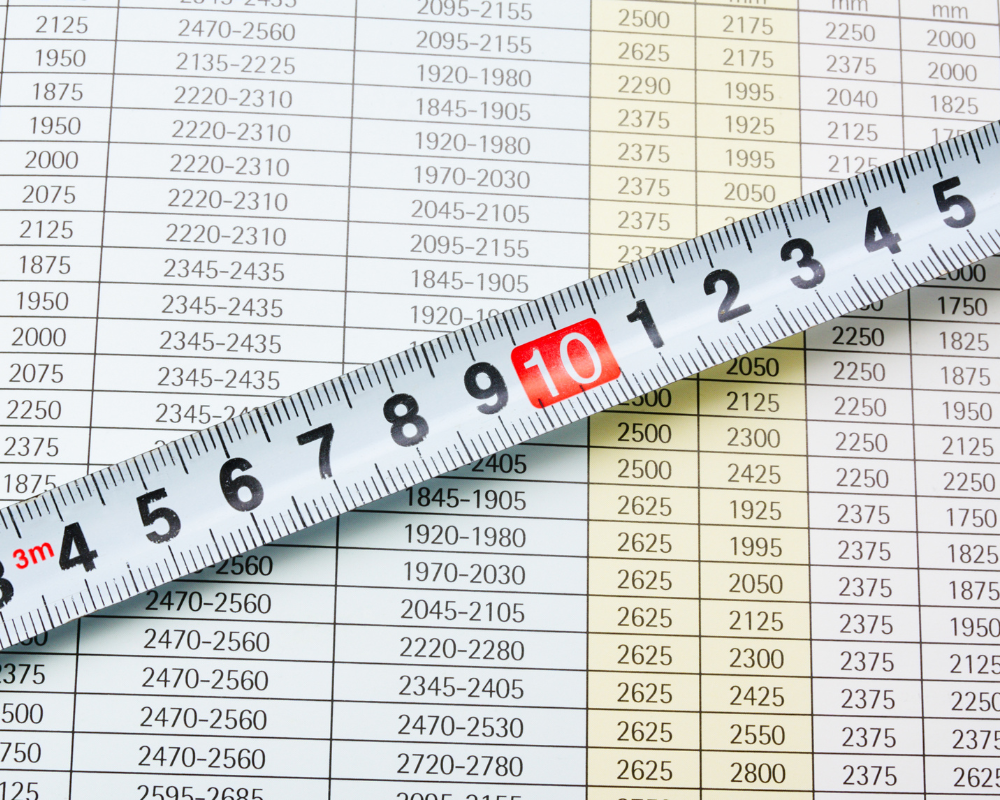The Ultimate Dishwasher Guide: Tips, Tricks, and Recommendations
Table of Contents
Dishwashers are the unsung heroes of the kitchen, tirelessly cleaning a full load of dishes day in and day out. Yet, despite their importance, many of us may not be getting the most out of our own type of dishwasher. From loading techniques to detergent choices, there’s a lot to consider when it comes to maximizing efficiency, cleanliness, and recommended proper dishwasher maintenance. Below we will cover in simple steps what you need to know about your indispensable appliance along with some top recommendations.
Getting Started: Understanding Your Dishwasher

Before diving into the specifics, let’s first understand the basic components, main level menus and functions of most dishwasher models:
Components
Spray Arms: These are responsible for spraying water and detergent onto your dishes.
Filters: Dishwashers have filters that capture food particles and debris during the wash cycle.
Detergent Dispenser: This is where you load detergent for each wash cycle.
Racks: These hold your dishes in place during the wash cycle.
Heating Element: Some dishwashers have a heating element to help dry dishes more effectively.
Functions
Wash Cycles: Dishwashers offer various wash cycles such as normal, heavy-duty, quick wash, and eco-friendly.
Drying Options: You can choose between air drying and heated drying, depending on the types of dishwashers and models.
Delay Start: This feature allows you to set a specific time for the dishwasher to start its cycle.
Tips for Efficient Dishwashing

Now that we have a basic understanding of how dishwashers work, let’s explore some tips to ensure optimal performance:
Pre-rinse Sparingly: Modern dishwashers are designed with soil sensor to handle most food residue, so pre-rinsing is often unnecessary and can waste water incurring unnecessary additional utility bills.
Load Strategically: Place dishes strategically to ensure water and detergent can reach all surfaces in a reliable dishwasher on a normal wash. Larger items should be placed on the lower rack and fit on the sides and back, while smaller and delicate items such as wine glasses can be placed on the top rack to fit in the front and middle spaces alongside breakfast bowls and place settings.
Use the Right Detergent: Choose a detergent specifically formulated for dishwashers. Avoid using regular dish soap, as it can create excessive suds and damage your dishwasher.
Regular Maintenance: Clean the filter. water jets and spray arms periodically to prevent clogs and ensure optimal performance.
Experiment with Settings: Test different dishwasher cycles and drying options to find what works best for your dishes, energy use, and consumption.
Dishwasher Salt

Dishwasher salt, often overlooked in the realm of kitchen essentials, plays a crucial role in ensuring the efficiency and longevity of your dishwasher. Acting as a water softener, dishwasher salt helps to tackle limescale build-up that can hinder the performance of your appliance over time. By effectively preventing mineral deposits from accumulating in the machine’s interior, using dishwasher salt can lead to cleaner dishes and improved energy efficiency.
Understanding the importance of using dishwasher salt can save you money in the long run by reducing maintenance costs and prolonging the lifespan of your dishwasher. Next time you load up your dishwasher, remember to add some dishwasher salt for optimal results and maintain peak performance for years to come.
Common Problems

Dishwashers, like any other appliance, can encounter various common problems. Here are some typical issues:
Poor Cleaning Performance: Dirty dishes or baked-on bits of food remaining can happen due to several reasons such as clogged spray arms, a malfunctioning pump, or using the wrong dishwasher detergent.
Dishes Not Drying: If your dishes are not drying properly, it could be due to issues with the heating element, the rinse aid dispenser, or loading the dishwasher improperly resulting in not enough space.
Water Leaks: Leaks can occur from various places including the door seal, hoses, pump, or water inlet valve.
Dishwasher Not Draining: A clogged drain hose, dishwasher filter, or pump can prevent the dishwasher from draining properly.
Strange Noise Level: Unusual noises during the wash cycle can be caused by objects trapped in the pump, worn-out bearings, or a malfunctioning motor.
Faulty Door Latch: If the door latch doesn’t engage properly, the dishwasher may not start or stop mid-cycle.
Foul Odours: Food particles and grease build-up can cause unpleasant odours in your dishwasher. Regular cleaning of the interior, filter, and seals can help prevent this problem.
Inadequate Water Fill: If the dishwasher isn’t filling with enough water, it may not clean dishes effectively providing the best results. This could be due to a faulty water inlet valve or a problem with the water supply.
Control Panel Malfunction: If the control panel is unresponsive or buttons are not working, there could be an issue with the control board or the keypad.
Cloudy Glassware: Hard water can leave mineral deposits on glassware, causing cloudiness. Using a rinse aid and periodically cleaning the dishwasher with vinegar is a good idea and can help prevent this.
It is essential to regularly carry out proper maintenance on your home appliances, also to troubleshoot and address any problems listed above promptly to prevent further damage and ensure your dishwasher operates efficiently to avoid energy consumption. If you’re unsure about how to fix a particular issue, it’s best to consult the dishwasher’s user manual, or site navigation online or seek professional assistance.
Choose the Right Size Dishwasher



Choosing the right size can make a big difference in your kitchen’s efficiency and visual style.
Larger Dishwasher: Larger dishwashers offer more capacity for dishes, pots, and pans, making them ideal for larger households or those who entertain frequently.
Smaller Dishwasher: smaller compact dishwashers are perfect for apartments or small kitchens where space is limited but the convenience of having a dishwasher is still desired.
The choice between different sizes of dishwashers also depends on individual habits and lifestyle preferences. For those who prefer to run their dishwasher less often and accumulate dishes throughout the day, a larger model may be more suitable. Conversely, if you tend to wash dishes as you go and don’t require a large capacity, a smaller dishwasher may be more economical and energy-efficient in the long run. Ultimately, the size of your dishwasher should align with your specific needs and habits to ensure maximum functionality and convenience in your kitchen space.
Dishwasher Recommendations

When it comes to purchasing a new dishwasher, there are several factors to consider, including size, capacity, energy efficiency, and budget. Here are three best dishwashers that come recommended:
Bosch 800 Series Dishwasher: Known for its quiet operation and excellent cleaning performance, the Bosch 800 Series offers multiple wash cycles, adjustable racks, and a variety of special features.
KitchenAid Architect Series II Dishwasher: This dishwasher combines sleek design with powerful cleaning capabilities. It features a third rack for utensils, customizable wash options, and a stainless steel interior for durability.
GE Profile Dishwasher: The GE Profile series offers advanced features such as bottle wash jets, steam prewash, and customizable rack configurations. It’s also ENERGY STAR certified, making it an energy-efficient choice.
Conclusion
Dishwashers are essential appliances that can save time and energy in the kitchen when used effectively. By understanding how the appliance works and implementing best practices for loading and maintenance, you can ensure sparkling clean dishes with every wash. Whether you’re in the market for a new dishwasher or looking to optimize your current one, the tips and recommendations provided in this guide will hopefully prove helpful.



